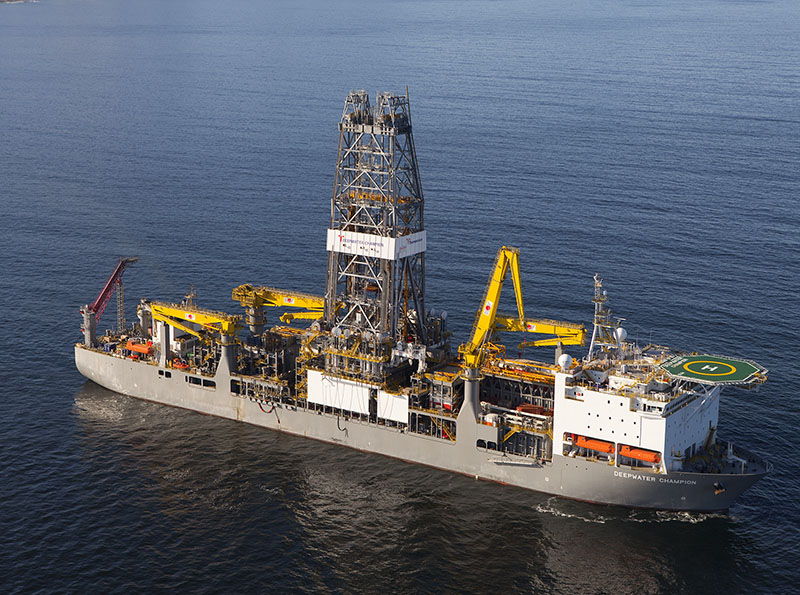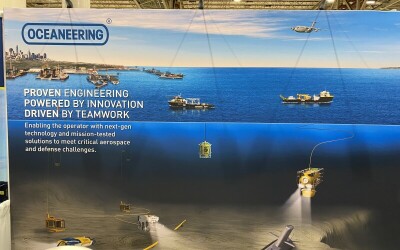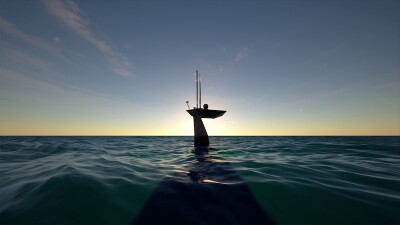Tidewater’s announcement in late September of the retirement of two senior executives coupled with Transocean’s decision to relinquish interests in two drillships under construction reflect the continuing profitability struggle of companies in today’s offshore market.
This is a sign of the times, not a criticism of the actions taken by these companies. When the reality is that the future market will not be what was previously anticipated, tough decisions are necessary. Often, these decisions involve people. Company strategies in a typical recovery period need to face reality and be adjusted.
The offshore market will see greater activity in the future, but it remains oversupplied with equipment that owners are reluctant to jettison. Much of the equipment that needs to leave the fleet has been idle for years. Reactivating these units would be a significant expense, which will likely never be recovered in their remaining useful lives. Steel and saltwater are vicious enemies. This battle between wishes and survival has happened in the past, most prominently in the late 1980s following the oil price crash of 1986. In that era, oilfield equipment, which was highly valued and costly to build, was reduced to values based on cents-on-the-pound.
In the offshore industry of the late 1980s and early ‘90s, shedding equipment and people was necessary for companies to survive, before the smaller industry could prosper. A smaller, more nimble and profitable business is what needs to be created now. Yes, oil companies will still want the most modern, capable and newest equipment available. Who wouldn’t? But they will need to adjust their wants with the reality of the equipment fleets and capabilities available. They will be forced to compromise.
Always lurking in the background, as happened before, is the willingness of energy service companies to cut costs to secure business, critical to their staying in business. Those actions often lead to accidents with costly outcomes.
Profitable service companies are critical to the offshore industry’s success. Those are the companies that will ensure that their fleets and crews are in top condition, providing safe offshore operations. That remains the imperative of the offshore industry, and Tidewater’s and Transocean’s actions reflect that they understand this need.





